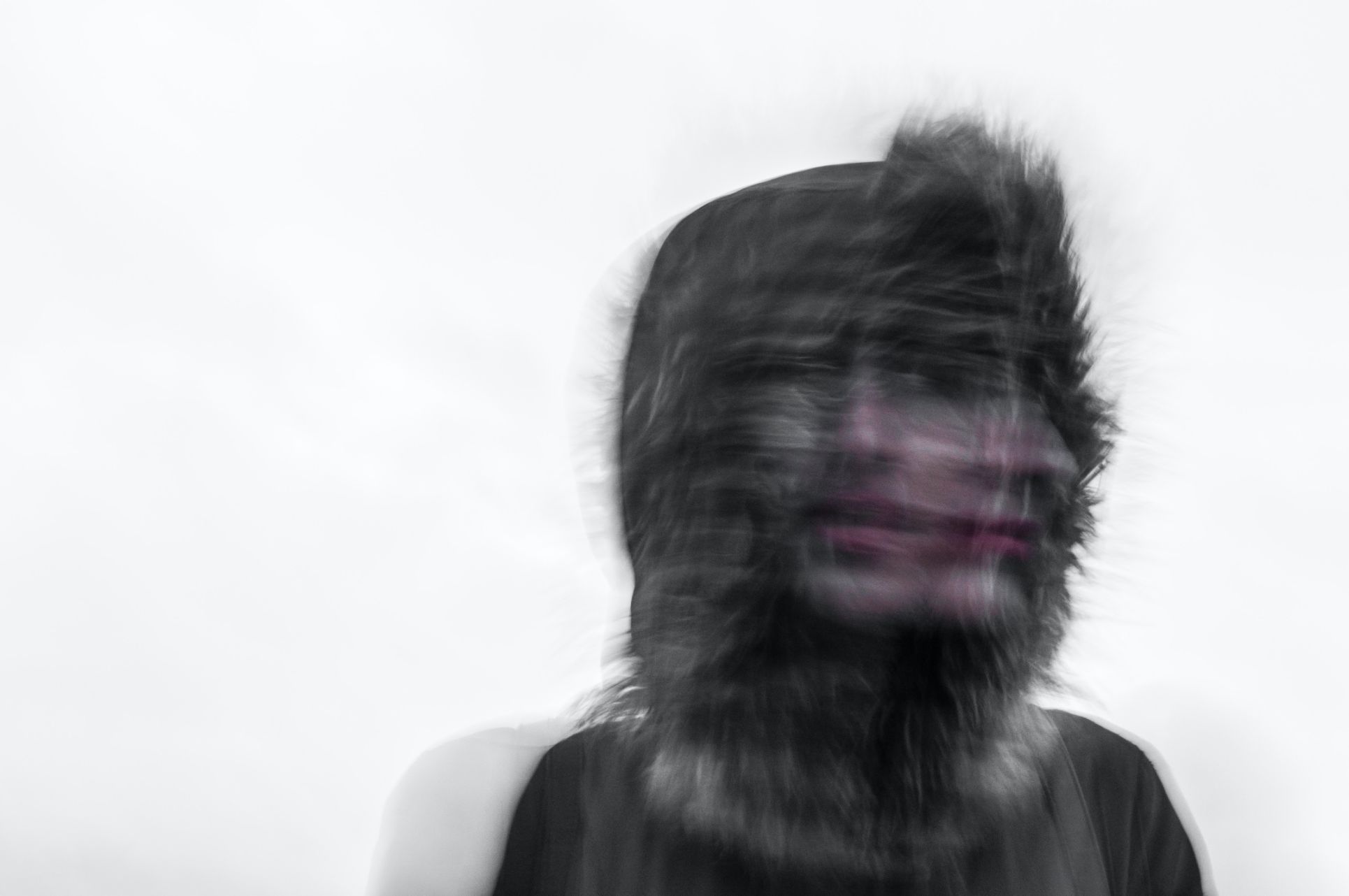
A hallucinogen is a drug that tends to alter consciousness, perceptions, and/or awareness. Classic hallucinogens cause users to experience hallucinations, which are essentially images or experiences that seem real, but they’re not. Another type of hallucinogen are dissociative drugs, such as PCP, which when taken, can cause the user to feel a disconnect from their body. They feel like they are outside of reality.
Hallucinogens have been used in healing rituals or religious ceremonies for many years. Whether they are synthetic or come from mushrooms or plants, people tend to use the drugs to experience an altered state of consciousness and/or to feel pleasurable feelings.
The following are some of the more common classic hallucinogens:
LSD (D-lysergic acid diethylamide)
LSD has been around for many years, with many associating it as one of the more common drugs used in the 70’s hippie movement.
It’s a hallucinogen that causes the mind to go into an altered state of consciousness. The user may see things that aren’t really there, and their sensations may be heightened as well. Other names for LSD include dots, acid, and mellow yellow.
DMT (dimethyltryptamine)
DMT is a tryptamine drug that causes hallucinations. It comes naturally from various plants in the Amazon. Ayahuasca is a common tea that’s made from these plants, where traditionally, Shaman drink the tea in order to alter their consciousness and aid in healing those among their tribe.
DMT is used regularly for religious or spiritual reasons, with the assumption that the hallucinogenic effects can help people deepen their spiritual connection with their god or the universe. DMT can also be synthetic, or manmade.
Psilocybin
Psilocybin is found in certain mushrooms in the U.S., Mexico, and South America. This mind-altering drug causes the user to have a “trip”, where they tend to hallucinate and feel very relaxed. Some have what they call “good trips”, which are positive and enjoyable.
Others report having “bad trips”, where they encounter scary images and experiences. Other names for psilocybin include shrooms and magic mushrooms.
Peyote (mescaline)
Peyote comes from a cactus. Mescaline is the ingredient that can cause hallucinations for those who ingest peyote. This hallucinogen is used regularly in various religious ceremonies.
Dissociative Hallucinogens
There are various dissociative hallucinogens, which means that they tend to cause the user to “dissociate”, or feel a disconnect from their body.
Ketamine
Ketamine is an anesthetic that’s been used before surgery for many years. It causes the person to feel “dissociated” or go into a temporary trance-like state. It can also help with pain relief. On the streets, this drug is known as Special K or Cat Valium.
Dextromethorphan (DXM)
This is the ingredient in cough suppressants that can cause an altered state when taken in larger doses. Those who abuse this report feeling ultra-aware, lose track of time, and experience hallucinations. It’s also known as Robo on the streets.
Short-Term Effects of Hallucinogens
Besides experiencing hallucinations, the class of hallucinogens may also cause:
- Faster heart rate
- Feeling like you are outside of space and time
- Heightened senses, such as seeing vivid colors or hearing things
- Appetite loss
- Increased sweating
- Having a spiritual experience
- Insomnia
- Relaxation
- Feeling paranoid
- Feeling detached from reality
- Displaying odd behaviors, such as twitching
Using classic hallucinogens long-term may cause mental problems known as persistent psychosis. This is characterized by paranoia, confusion, mood swings, seeing things that aren’t there, and flashbacks.
Hallucinogens & Overdose
To overdose on a drug means that you take enough of it to cause serious or life-threatening symptoms.
Can you overdose on hallucinogens?
High doses can cause severe symptoms, but most classic hallucinogens are not life-threatening. However, there are some overdoses that have occurred from the hallucinogen 251-NBOMe.
There is a higher chance of overdosing on PCP, which can cause a coma, seizures, or death. If you mix PCP with other drugs, such as alcohol or benzos, your chances of experiencing severe symptoms increase.
Other dangers of using hallucinogens include doing things that can cause you to suffer negative consequences. It’s not unheard of to hear that someone high on a hallucinogen did something risky and got hurt. Some people high on these drugs have jumped out a window, off the roof of a home, or tried some other daring feat, suffering dire consequences.
Hallucinogens And Addiction
Many hallucinogens are not addictive, not in the sense of other drugs such as opioids. The intense cravings for more of a hallucinogen may not be present, but tolerance levels can increase, such as with LSD.
Someone may start off with a certain dose of LSD and over time, their tolerance can increase. They’ll need a higher dosage to achieve the same hallucinogenic effects. However, they won’t typically experience intense cravings like they would if they were addicted to alcohol, opioids, or another highly addictive substance. Many people that continue to use hallucinogens regularly either do it for the recreational effect or spiritual practice.
However, PCP is known to be addictive, as evidenced through experiencing withdrawal symptoms and cravings for the drug.
Help For Hallucinogen Addiction
Here at Into Action Recovery Society, we offer three programs to help you overcome various addictions, including hallucinogens.
First Stage Residential Program
This is a 60-day program for men struggling with addiction of any kind. You stay at a comfortable, safe house that feels like home.
During this timeframe, you get the treatment you need to begin building a firm recovery foundation. You will be surrounded by addicted experts who will help you learn more about addiction treatment, relapse prevention, recovery, coping skills, and more.
Second Stage Transitional Program
We offer an additional 30 days to strengthen your recovery foundation in our Second Stage Transitional Program. Here, you can continue to live in a structured home-like atmosphere, where you will have accountability and continued support. This can certainly help you grow stronger in your recovery.
Long-Term Sober Living
For those who aren’t quite ready to go home, we offer a third option – long-term sober living. Here, you’ve got more freedom to come and go, while still having solid recovery support.
In all programs, we provide:
- Individual counseling
- Addiction recovery education
- Life skills training
- Conflict resolution skill training
- Relapse prevention training
- Group therapy
- 12 Step and/or support groups
- Trauma recovery
Ready to get free from addiction? We’re here to help. Contact us with any questions or concerns.
